“Whose Life Is It Anyway,” is the title of a play by Brian Clark along with more information from good old Wikipedia, complete with links to other respective sites. Wikipedia is a good place to start anyway.
I remember the movie made from the play most with Richard Dreyfuss, who plays an artist who lost the use of his body from the neck down and the debate about life begins from two very different perspectives.
Whose Life Is It Anyway may refer to:
- Whose Life (Is It Anyways?), a song by the heavy metal band Megadeth
- Whose Life Is It Anyway? (play), by English playwright Brian Clark
- Whose Life Is It Anyway? (1972 film), adaptation directed by Richard Everitt
- Whose Life Is It Anyway? (1981 film), adaptation directed by John Badham
- Whose Life is it Anyway? a novel adaptation by David Benedictus
I could have titled this Seven Ways For Cancer Patients to Cope, but the one at the top seems more fitting and there has to be more than seven. That’s all I could think of for the moment. For some patients, hearing they have cancer is Hell and they’d rather be dead, and I was one of them. Things change and I think training in an odd way can help everyone involved.
A funny thing happened to me after I was diagnosed with tongue and throat cancer. It was the timing that was funny.
Because of my reputation as a trainer and my emphasis on communication, I was called by a large Chicago hospital or its training representative and asked if I would be interested in training doctors and other medical staff on how to give patients bad news; the caller didn’t know my situation; he had seen my website.
Presumably, the caller assumed it would be some kind of acting training that I would perform. That is absolutely not the case, but it started me thinking that I would be a good candidate to train others how to deal with cancer patients–not only the doctors and medical staff, but patients and families, too. The downside is being too close to the subject, but that’s another article.

This article is about what is right and what is wrong about this health system, and we trainers can help everyone involved–not just the heroes who save lives, who definitely need more information–but also the patients. More than likely, it will be a long article–so probably two parts. Stay tuned.
Ironically, I had been diagnosed with a cancer usually attributed to smokers and drinkers and I am neither. And I had begun radiation and chemo treatment when I received the call.
By the way, I customize all my training to suit the organization. Nothing off the shelf unless it’s asked for. So, I’d be digging personally deep. I had another offer overseas to do two days of training for a fantastic sum of money, but I was afraid my energy-level could not maintain two days of training and, since I customize I would have been working from scratch. Big disappointment.

“We can cure it,” they say. But they mean delay the end. You will be cured for the moment and wait five years to see if it sticks–all the while coming back for test and re-test. Every little change in your body becomes reason for serious concern when it could be nothing. It’s never out of your mind.
Surgery for me would come later. Don’t worry, the cancer is gone for now, but I have five years to be checked out by doctors and machinery constantly before given an all clear or have it come back. I get to worry until November (almost a year) if I will continue to have no taste buds or be able to generate saliva. Eating anything solid tastes like rubber (if you can eat at all) and the healthy high-caloric shakes get old pretty quick. That’s enough about me personally.
I have been debating writing this article for eight months at least. As I tell my university students not to speak on something painfully personal, I am going to break my own rule. That’s the part about being too close to your subject.
I am like the athlete who breaks the bone critical to his success in the field and will never play again or the artist who goes blind. Believe it or not that’s the easy part.
We reinvent ourselves and find another passion.
For me it was hard. I was a tough guy who practically brought himself up and overcame many obstacles thrown at him–except this one. Left home at 15 and still graduated and earned three graduate degrees.
Remember, I am a professional speaker, actor, speaker and actor coach and wanted to do voice-overs, audio books, etc. Acting may not be much of an option: my voice volume has diminished as well as the quality of its sound. I don’t know if I can do a variety of characters or even have the strength to maintain a character on stage. Forget television or film. I have a slight scar on my neck (Physical therapy to deal with the swelling), but fortunately it’s hardly noticeable. Loss of beard is another matter.
I happen to live in a part of the country where we have an excellent cancer program and wonderful doctors and staff. (In fact, it was quite different when I had to go to the hospital for something not-related but treated not as a patient with cancer.) I was referred to several doctors, had several biopsies, and was given initial advice and information on how to cope generally, but, of course, everyone is different.
But coping can be Hell too, when your life has been so rudely interrupted and your dreams destroyed. Not the doctors or technicians part; the treatment was kind and caring.
Unfortunately when that is done, it seems you are on your own. It is not uncommon for clinical depression to set it; I was surprised there were few referrals or anyone you could just talk to. The staff give you a lot of paper about coping with the common after effects, but since you don’t know what will be specific to you, all of it is set aside until you do know. In truth, it is often forgotten. It seemed when I wasn’t on a cancer ward being radiated or chemo-ed, people were free with sympathy and tell you about a relative of theirs that died. That helped remind you of a non-future.
That is the beginning of the struggle, the blues, depression, lack of energy, lack of moving forward. But at least I was alive. That was questionable to me. Reading and television did nothing but depress me more.

Because patients often don’t want to eat tasteless food, feeding tubes are used for months to make sure you get the right nourishment. I used it most often two or three times a day when I got tired of the shakes. Later you can eat and make your own, but most of the ones you can taste at all are the same ones they put in your stomach in three flavors: chocolate, strawberry and vanilla.
I trained myself to appreciate textures by adding egg (for froth), fruit and weight gainer to the shakes. Later, I added sodas to give the shake a float-like texture. But the changes keep coming as the radiation and chemo continue to work on good cells because they can’t tell the difference between the cancer and good cells. So, it is up to you to sleep, exercise slightly, rest again and find ways to give yourself the impetus to keep going.
Regular training might keep the patient from thinking it just isn’t worth it? I’ll be at this a year before I will feel relatively normal–minus who I was before.
Research the success stories. Some patients just can’t deal with the regimen that follows treatment. The depression for this “bad news” is the same Post Traumatic Syndrome or Stress disorder usually associated with veterans these days. Perhaps, the depression…which impacts not only the patient needs to be researched and trained. Not everyone should need a psyche eval. The cost. The reactions of other people. They look at you like you’ve already died.
Those that can find a reason to live. Survive. Somehow we trained ourselves and others–not that the doctors and med techs do their part to give us information in the beginning. I had to ask a lot of questions. Focus groups met every three months and were impossible to do; I found days I just needed someone to talk to, or a pillow to cry into.
So, here’s where the training comes in:
- Find what’s out there already and make sure you synthesize. One diagnosis or treatment or result does not fit all.
- See if there ways to bring patients together with doctors to talk about things that doctors may not be thinking about; living is important, but what are the better answers to questions the patients have?
- Keep training fees low. You can compensate with large groups–and they will come. One cancer treatment equals roughly $200,000 out of pocket. Be flexible and be ready for people who are emotional distressed and depressed.
- Know your solutions when things get out of hand. Have volunteers or speakers, cancer survivors who know.
- Mostly patients want to know their lives are not over. It’s hard to imagine if they are older. Find alternatives they might take up. remember, too, that entire families are affected in more ways than financially.
- Be empathetic, not sympathetic. I found people looked at me as if I were dead already. I intend to get through this; that is what everyone should think.
- Develop materials you can change easily as new ideas are added to coping with cancer treatment or after cancer treatment.
- Finally, let them know this is a lifetime of changes, that some changes just come with old age, but some changes will be the result of the chemo or radiation or surgery.
Part two is coming and I’ll pull it all together training-wise. This has been a sampling of what trainers can do for patients. What trainers do for the doctors and medical staff comes next.
Keep in mind, the medical staff, especially the doctors see the cancer as biology and chemistry, and may find it hard to explain to a person what to expect. Don’t expect them to understand life is more than living to some people and that who they are defines life. Just being alive is not living for some people. Our job may be to develop ways to talk about different ways to talk to people.
To be totally fair the cancer staff I met were wonderful, but there are always exceptions, and trainers can help next time. Thanks for listening.
—
For more resources about training, see the Training library.
By the way, I’m quite up to speed now so check out my website. I may not be doing audio books, but I’m writing more of them. My novel, Harry’s Reality, is out now as well as The Cave Man Guide to Training and Development. My next two short books have to do with the real life application of theatre as an exploration of the human race and its sometimes odd, but understandable, behavior from an unusual perspective.

